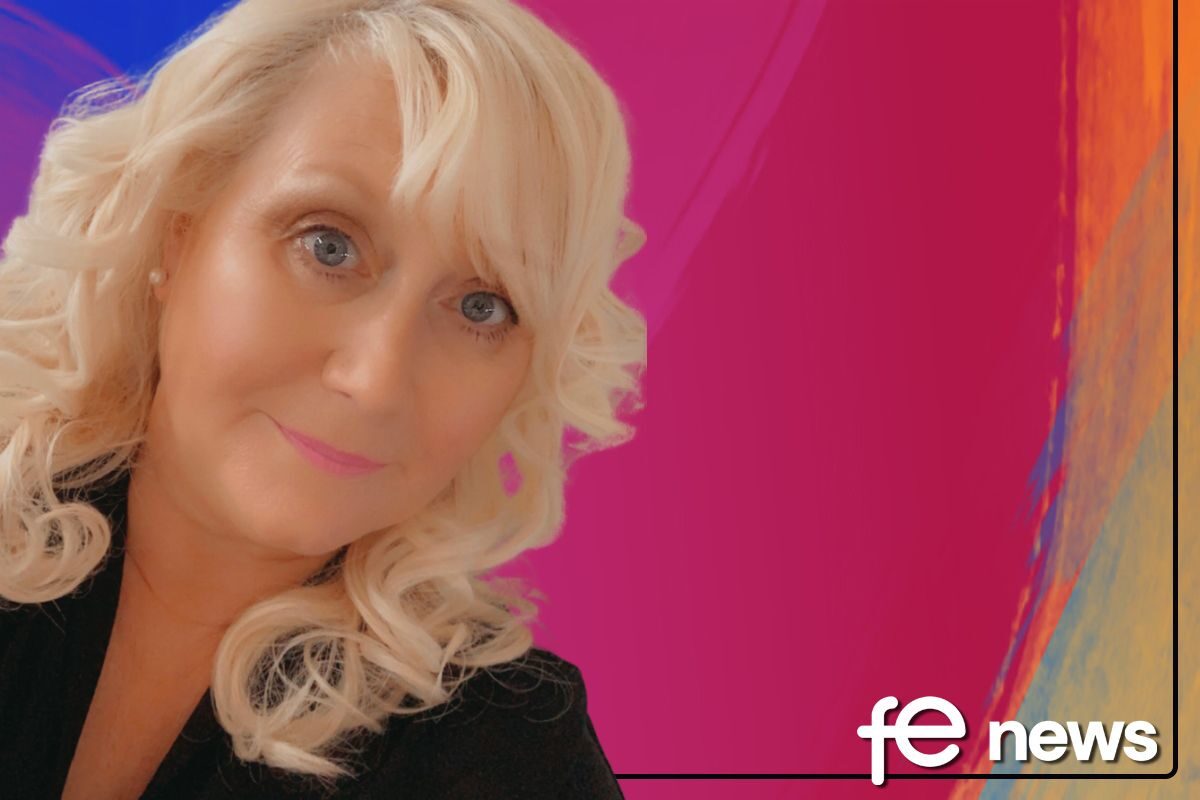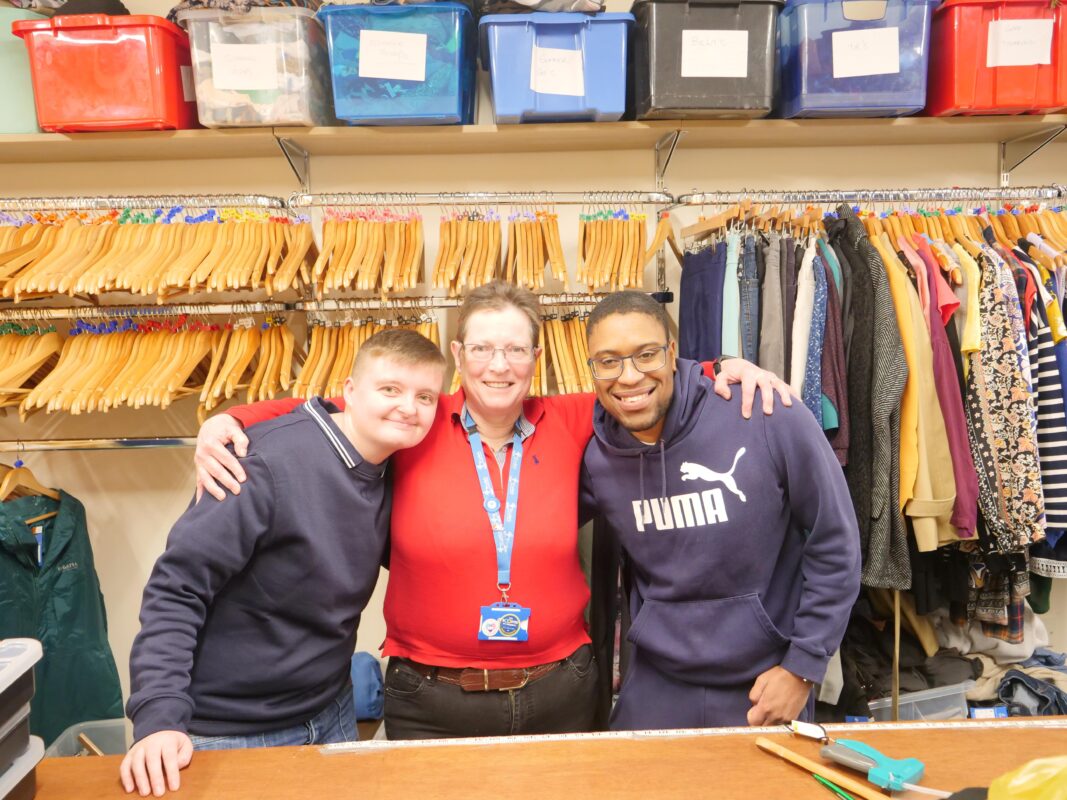Moving from Being to Belonging as an FE Professional

The second article in the series of Being, Belonging and Flourishing as a Further Education (FE) professional, Annie invites you to explore how the FE professional builds connections and creates a sense of belonging within their professional communities.
Historically, the professionalisation of the FE workforce has been marked by turbulence. It has transitioned from the requirement for all FE professionals to acquire mandatory teaching qualifications, highlighting our ‘licence to practice,’ to the present day.
In a culture of performativity, teaching in FE is multi-layered. As Crawley (2013) suggests, often FE professionals’ sense of being and professional identity includes being a subject specialist, mentor, personal coach, and researcher. Moreover, Springbett (2018) purports that our professional identities can be an entanglement of discourse and practice. However, at the heart of our practice is our being, our teaching, that creative and person- centred approach, we practice daily, as we aim to improve the lives of others.
Entangled in the web of our professional identity, is our belonging. Where do we belong as FE professionals beyond the walls of the institutions in which we work? How do we construct our professional identities? How can we develop our professional agency?
My FE Professional Suitcase
Like many FE professionals, I have a multi layered professional identity, and I possess a diverse set of skills, all packed into my professional suitcase. However, it is fair to say that during my years in FE, my researcher identity could most often be found at the bottom of my suitcase, underneath my teacher, mentor, and manager identity, rarely making an appearance. That was until I completed my Advanced Teacher Status (ATS). Completing my ATS helped me to construct my professional belonging and professional agency. My ATS research had a significant impact upon my learners, but the most significant impact was upon my professional identity and belonging, to the point that post covid, I decided that my researcher identity could no longer remain at the bottom of my professional suitcase. So, I packed up my belongings, and left my job in FE and started my PhD. To support my studies, I thought someone, somewhere might also need my years of experience in a freelance capacity!
The Road to Research
Packing my professional suitcase and beginning my research journey has been significant for my professional growth. We can’t all pack up our professional suitcases, but we can strive to develop our researcher identity and our professional agency. (Eteläpelto et al, 2013) suggests that professional agency is essential in supporting our personal growth and our research identity as we transform the lives of others in our learning organisations.
I am not averse to sharing that my past few years as a student, and a mostly unemployed freelancer, has been lonely, a struggle, and at times financially crippling. In such situations, you can begin to question your professional identity and your belonging, especially when you are not attached to an institution, and especially when conferences or paid memberships to professional bodies are no longer tenable.
However, belonging, is not necessarily being attached to an institute, but being part of a community that nurtures your professional identity: your being and belonging. One such community is FE Research Meet, a free and democratic movement which supports engagement with research in FE, led by practitioners, for practitioners. Being part of this community in the Black Country, has helped me navigate my professional identity, my professional agency and nourished my research identity.
My Final Destination
I have no idea where my final career destination is, or if my professional suitcase will ever find a forever home. But what I do know, is that as I study for my PhD: Investigating Further Education professionals’ lived experiences of the Advanced Teacher Status professional formation with a focus on identity and agency, my own researcher identity is flourishing.
The next FE Research Meet, ‘Hear Me, See Me’, organised by Dr. Adam Dwight and Raymond Truby, at City of Wolverhampton College in November, is a further opportunity to carry my professional suitcase, unpack my researcher identity, and feel a sense of belonging.
By Annie Pendrey
My next article: Flourishing as an FE Professional (Annie will be sharing the flourishing other FE professionals attending ‘Hear Me, See Me’ FE Research Meet)
Annie is an established author who is currently writing a series of textbooks to support the T Level in Education and Early Years. She is the author of ‘The Little Book of Reflective Practice’ and ‘Reflection and Reflective Spaces in the Early Years’.
Annie is a freelance writer, educational consultant, external examiner and on a journey to becoming Dr P
References
Crawley, J. 2013. ‘Endless Patience and a Strong Belief in What Makes a Good Teacher’: Teacher Educators in Post-compulsory Education in England and Their Professional Situation’,Research in Post-Compulsory Education 18 (4): 336–347. doi:10.1080/13596748.2013.847153.
Eteläpelto, A., K. Vähäsantanen, P. Hökkä, and S. Paloniemi. 2013. ‘What Is Agency? Conceptualizing Professional Agency at Work’. Educational Research Review 10: 45–65, DOI :10.1016/j. edurev.2013.05.001.
Octavia Springbett (2018) ‘The Professional Identities of Teacher Educators in three Further Education Colleges: an entanglement of discourse and practice’, Journal of Education for Teaching, 44:2, 149-161, DOI: 10.1080/02607476.2017.1370481
FE News on the go…
Welcome to FE News on the go, the podcast that delivers exclusive articles from the world of further education straight to your ears.
We are experimenting with Artificial Intelligence to make our exclusive articles even more accessible while also automating the process for our team of project managers.
In each episode, our thought leaders and sector influencers will delve into the most pressing issues facing the FE sector, offering their insights and analysis on the latest news, trends, and developments.










Responses